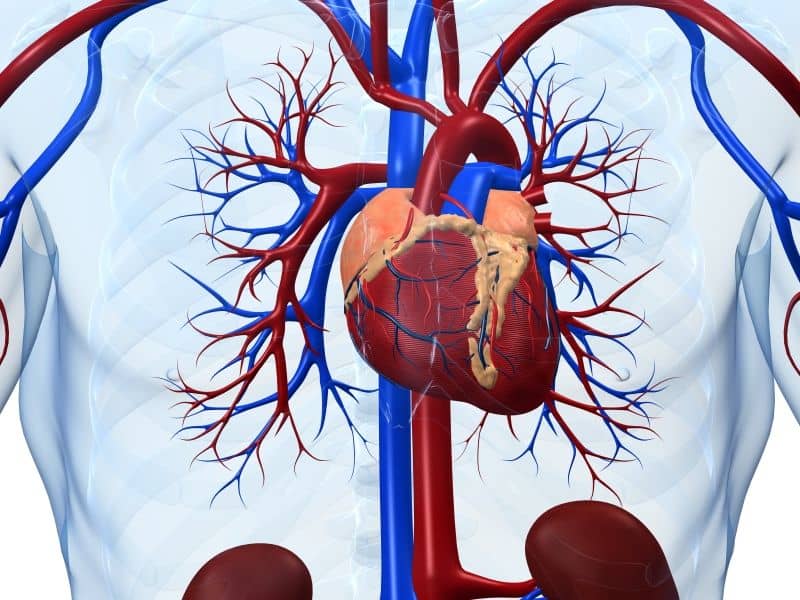Acute coronary syndrome (ACS) and percutaneous coronary intervention (PCI) are common complications of arterial fibrillation. Antithrombotic therapy for ACS and PCI has been used for the last few years, but its efficacy is not well studied. The objective of this study is to assess the efficacy of antithrombotic therapy after ACS or PCI in arterial fibrillation.
This is an international, two-by-two factorial, randomized trial conducted on a total fo 4,614 patients from 33 countries with arterial fibrillation and an event of ACS or PCI. The participants were randomly assigned to apixaban or a vitamin K antagonist and to receive aspirin or a placebo for six months. The primary outcome of the study was clinically significant non-major bleeding. The secondary outcomes were death or ischemic events.
No significant interactions between the two randomization factors were reported. A clinically major non-bleeding event was reported in 10.5% of the patients receiving apixaban, 14.7% of those receiving a vitamin K antagonist, 16.1% of those receiving aspirin, and 9.0% of those receiving placebo. Patients in the apixaban had a lower incidence of death or hospitalization than those in the vitamin K group.
The research concluded that in patients with arterial fibrillation with ACS or PCI, an antithrombotic regimen including apixaban without aspirin resulted in lower bleeding, hospitalization, and death.
Ref: https://www.nejm.org/doi/full/10.1056/NEJMoa1817083


